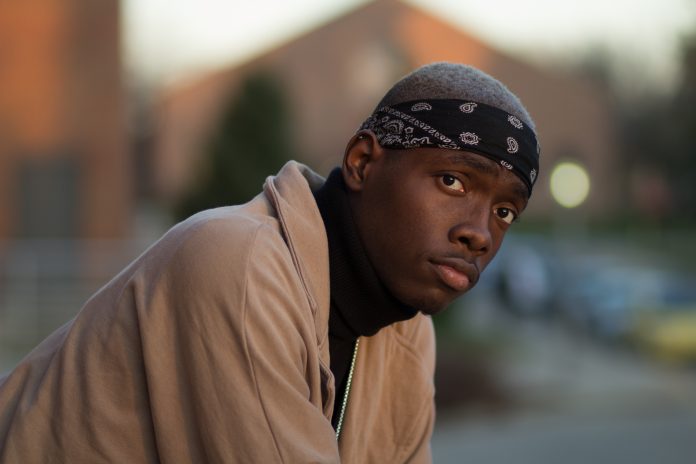
With just fourteen days left in Black History Month, “Black Panther” made me feel validated and proud of my cultural and spiritual connection to blackness and all of its beauty.
Directed by Ryan Coogler, the movie follows T’Challa (Chadwick Boseman) and his journey to becoming Black Panther and King of Wakanda since the death of his father. “Black Panther” tackled issues within the black community while addressing the price people of the Black diaspora pay for living in a world that has yet to respectfully deconstruct the colonization and displacement of black people. The blockbuster currently ranks number four in Fandango’s Top Pre-Sale of All Time and has brought in $192 million in North America and a total of $361 million worldwide, according to CNNMoney. Since its early promotion last summer and Black Panther’s cameo in “Captain America: Civil War,” fans have been waiting and now it's finally here. The film was exactly what I needed to get through the rest of the semester, but one thing took away from the film’s glory.
Throughout the film, all I could hear in my head was Solange singing “F.U.B.U” as the screen filled with black people, black music, and black issues. Specifically, the movie displayed in-group relations in comparison to out-group perceptions of the black community through interactions with black and non-black people of color. “Black Panther” also confronted the rift between black Americans and Africans regarding respectability politics and oral history. Michael B. Jordan’s character, Erik Killmonger, blatantly articulates how both Africans and African Americans are misinformed on the plight of each community post colonization.
After watching the film with an audience of black students, I overheard conversations about how his role portrayed how black men who promote the dismantling of oppressive systems are misunderstood and villainized. To this point, the labeling as misunderstood and being villainized happens both inside and out of the black community. Additionally, Jordan’s character personified the generational trauma black Americans carry and continually called out the many ways America oppresses black Americans.
In several scenes, Asian characters were shown acting out microaggressions to the black main characters, making comments such as, “You’re not here to start trouble, right,” and rudely staring and recording the main characters during a major scene. This spoke to the myth of people of color solidarity and changes the narrative that only white people promote stereotypes of black people. This is similar to the Asian character’s presence in the film “Get Out” and how their presence symbolized how negligent or intentional other people of color can be in aiding the oppression of black people. The conversations of race were very explicit, which was refreshing in comparison to how most films address race by using quick-witted humor.
Interestingly enough, the only white character personified the ignorance many Americans have about Africa, its history and its technological advances. Everett K. Ross (Martin Freeman) was an officer for the Central Intelligence Agency (CIA) and many times described Wakanda as a third-world country. Coogler’s integration of the racial nuances and disillusionment of a post-racial society felt relatable and present to current issues in the United States. “Black Panther” does an amazing job of not making race a fleeting topic, but instead smacks it in your face just as hard as Black Panther socked his enemies in the ribs.
“Black Panther,” however, lost a couple points with me since earlier this month when co-writer, Joe Robert Cole, discussed the deleted scenes of two black female characters flirting with each other. Yes, the cast and production of the film was detailed when illustrating the African nation of Wakanda; however, the meticulousness of being culturally sensitive and historically accurate should never constitute for the erasure of black, lesbian storylines. Now I will be rewatching “Black Panther” repeatedly because, just like “Get Out,” I am sure I will recognize other racial subtleties the more I watch it. I definitely recommend everyone of all races to watch this movie, but please do not let this be the only Black History Month event you attend or research you conduct. In the words of Black Panther’s sister, Shuri, “don’t scare me like that, Colonizer.”
